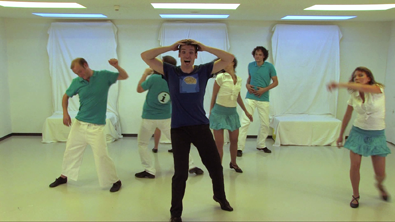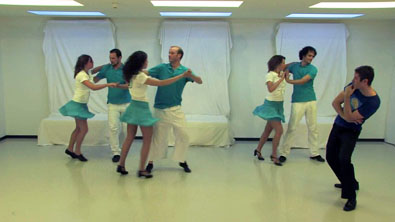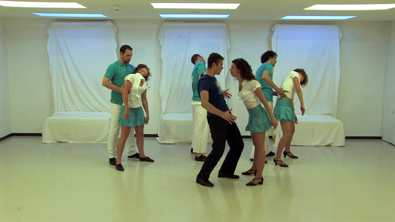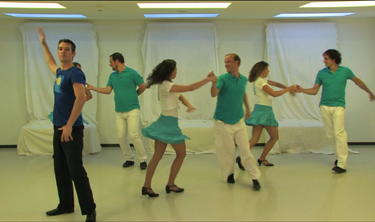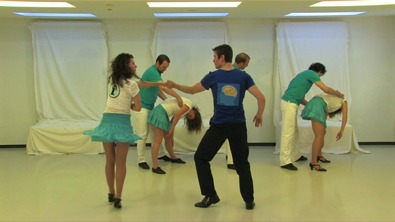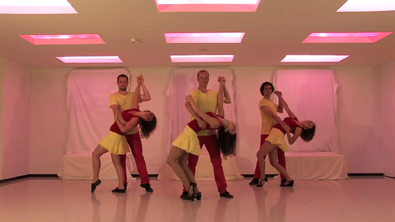(summary in Dutch / Samenvatting in het Nederlands)

|
[PDF] of my PhD thesis |

|
[Article] about my PhD research by Kennislink (in Dutch) |

|
[Article] about my PhD thesis by Netherlands Organisation for Scientific Research (in Dutch) |
A dance about my PhD project won the 2010 AAAS 'Dance Your PhD' contest of Science Magazine in the category Biology (watch on [Vimeo] and [YouTube]).

